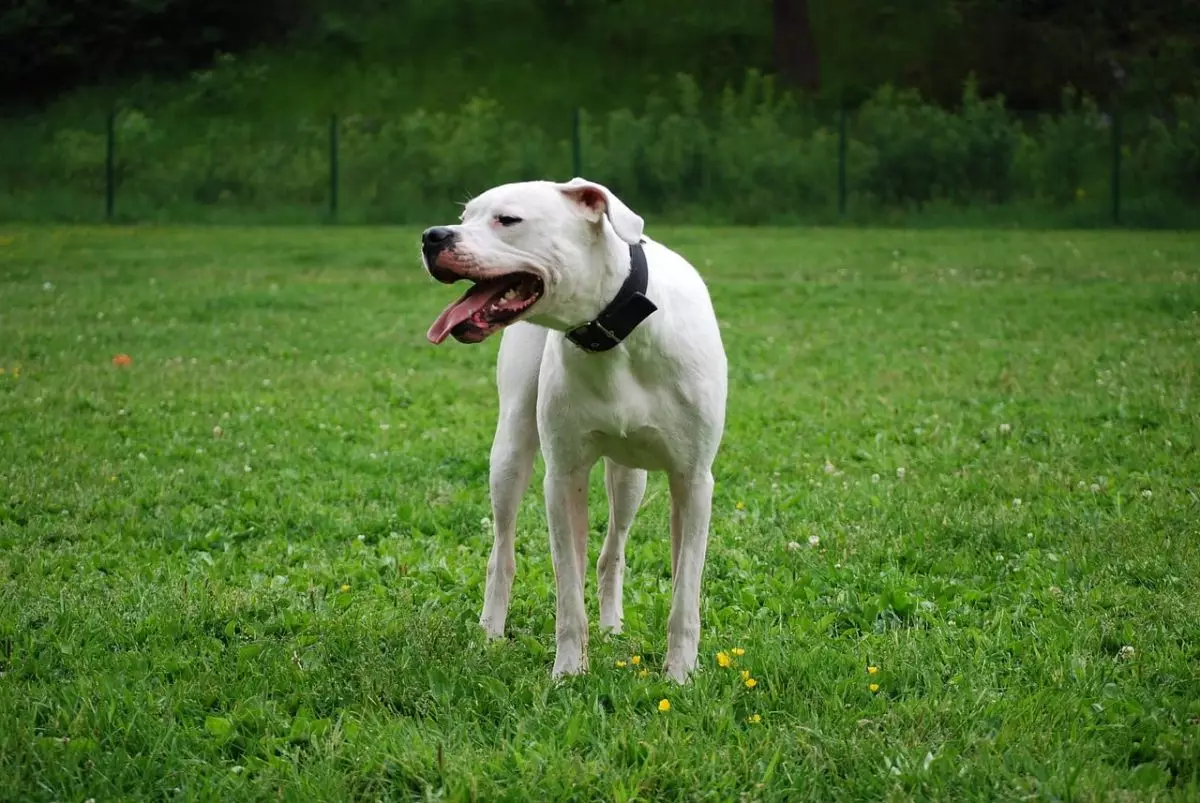In recent years, a wave of breed-specific legislation (BSL) has emerged in response to public safety concerns regarding certain dog breeds. Communities often perceive particular breeds as inherently dangerous, leading lawmakers to impose bans and restrictions. Focusing on specific breeds reflects a misunderstanding of canine behavior, emphasizing the need for responsible ownership and training instead. This fragmented approach raises critical questions: Are these bans genuinely effective in enhancing public safety, or do they perpetuate harm through misunderstandings rooted in fear?
Among the most frequently targeted breeds is the Pit Bull Terrier. Often, this umbrella term also encompasses the American Staffordshire Terrier and Staffordshire Bull Terrier. Despite their association with aggressive incidents, many advocates emphasize the dogs’ affectionate dispositions when properly cared for. This highlights the ongoing debate: is the breed itself responsible for aggressive behavior, or is the onus on owners who fail to provide adequate training and socialization?
Similarly, Rottweilers find themselves at the center of controversy. These strong, muscular dogs are frequently perceived as potential threats, resulting in restrictive laws in several regions, including parts of the U.S. and Ireland. The reality, however, is that Rottweilers, when raised in loving, training-oriented environments, exhibit loyalty and gentleness—a testimony to the significant impact of upbringing on a dog’s behavior.
A Closer Look at Misjudged Breeds
Doberman Pinschers, with their sleek appearance and protective instincts, face similar stereotypes. While they are often enlisted as guard dogs, leading to misguided associations of aggression, their true nature is that of a loyal companion capable of warmth and affection. In locations with stringent regulations, such as Singapore, Doberman ownership becomes a puzzling issue—should a breed’s potential for protective behavior be grounds for legislative scrutiny, or should we consider the role of individual dog training and owner responsibility?
The Japanese Tosa, a lesser-known breed, sheds light on the pervasive stigma associated with dog fighting history. Although their violent origins contributed to their ban in countries like the UK and Denmark, advocates assert that a well-socialized Tosa can exhibit calmness and gentleness. This contradiction raises serious questions about collective approaches to dog regulation. If a dog is capable of loyalty and calmness, should it inherently be judged based on its ancestry?
The Dogo Argentino, a muscular hunting breed, faces similar challenges. Despite its affectionate nature within families, this breed finds itself at odds with legislation, particularly in nations such as Australia and New Zealand. This begs the question: do protective instincts equate to aggression, and should assumptions based on breed type drive legislation?
The Fila Brasileiro, known for its loyalty and protective instincts, similarly faces scrutiny. Larger and imposing, this breed was initially bred to guard livestock. Yet its nature and background have led to restrictions—what needs to be understood is how thorough training and socialization can mitigate excessive wariness around strangers, emphasizing responsible dog ownership.
The Broader Implication of BSL
Another breed frequently captured in the BSL net is the Cane Corso. With a reputation for strong guarding instincts, regulations exist on its ownership in various locations. Nonetheless, many owners report their pets as being devoted and loving companions. The discrepancy indicates a stark failure in understanding individual behavior versus breed tendencies.
The discussion surrounding wolfdog hybrids further complicates matters, as these animals walk the line between domesticated and wild. Their unpredictable nature often justifies outright bans, showcasing a significant gap in understanding the unique needs of these hybrids. While their loyalty can shine through with experienced care, many areas still impose regulations that limit their potential as pets.
The prevalence of breed-specific legislation and associated bans reveal the complexities of public perception concerning dog breeds. The prevailing belief that certain breeds pose an inherent danger overlooks a crucial reality: responsible ownership, regular training, and proper socialization are paramount in shaping canine behavior. This approach fosters a better understanding of individual dogs rather than generalizing based on breed.
In addressing BSL, we must urge communities to prioritize education and responsible ownership, advocating for a shift in focus from blanket bans to promoting training practices that celebrate the diverse characteristics of each dog. Every dog—regardless of breed—deserves the chance to be understood and loved, breaking free from the stigmas that unjustly overshadow their true potential as loyal companions. With the right guidance and care, every dog can demonstrate the qualities that render them deserving of their place in society.

